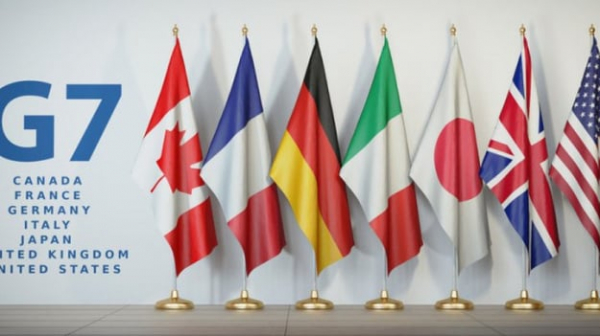Officials from the Group of Seven (G7) countries privately admit that a full confiscation of frozen Russian assets is no longer on the agenda, writes the Financial Times. Instead, they are looking for less radical, but more realistic ways to use this money.

►Subscribe to the Ministry of Finance page on Facebook: the main financial news
The European Union is now following the most conservative scenario, which provides for the current transfer of income from Russian assets in favor of Ukraine. We are talking about an amount of no more than 3 billion euros per year, depending on interest rates.
In February 2024, Belgium proposed using €190 billion held in accounts with Euroclear as collateral for debt financing for Ukraine. But this option is associated with the same risks as complete confiscation, so European countries opposed it.
In April, the United States proposed a similar idea – to attract financing for Ukraine through a loan or bonds secured by future income from frozen assets (rather than the assets themselves, as in the Belgian plan). Washington believes that this will raise up to $50 billion for Ukraine. Politicians, lawyers and the depositary Euroclear itself agree that using the proceeds, rather than the assets themselves, is legally permissible and less risky than confiscation.
The problem with this plan for Europe is what to do if the war ends in the near future. The money received as a pledge of expected ten-year income must be backed by government guarantees. And this is difficult and expensive.
“If peace negotiations ever take place and Ukraine decides to take part in them, a situation may arise when Russia demands back its frozen assets, and in exchange agrees to make territorial concessions to Ukraine . This cannot be done if you have already pledged the assets,” one German official explained to the FT of the European position.
Eurozone officials are also wary of any moves that could negatively impact the euro’s status as the world’s reserve currency.

